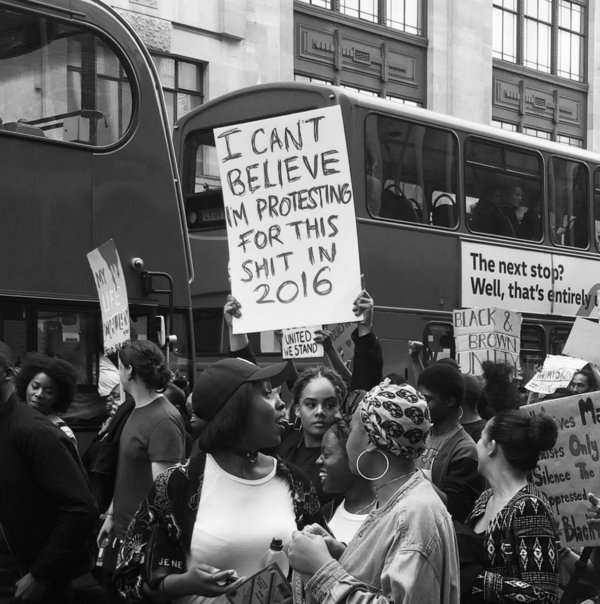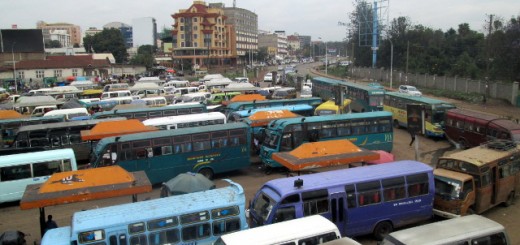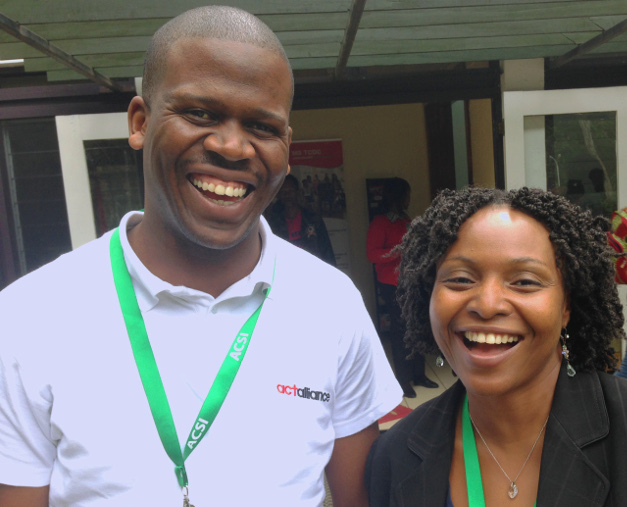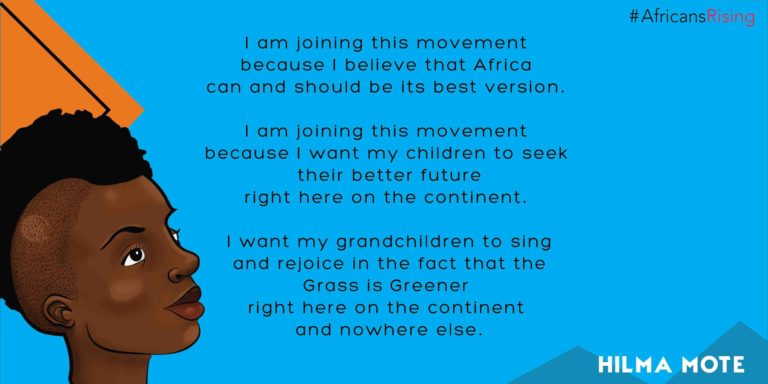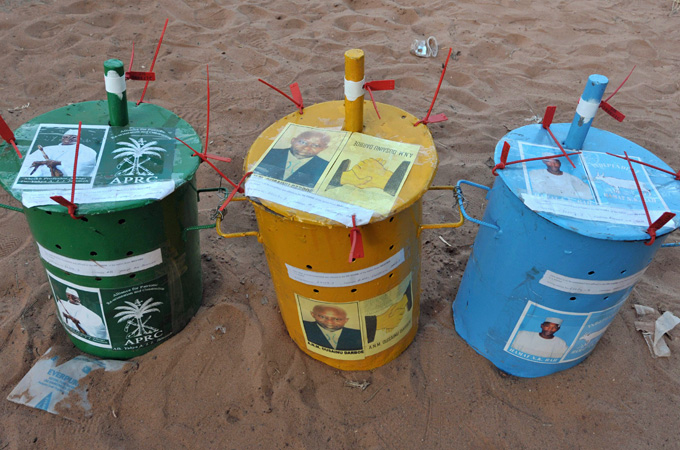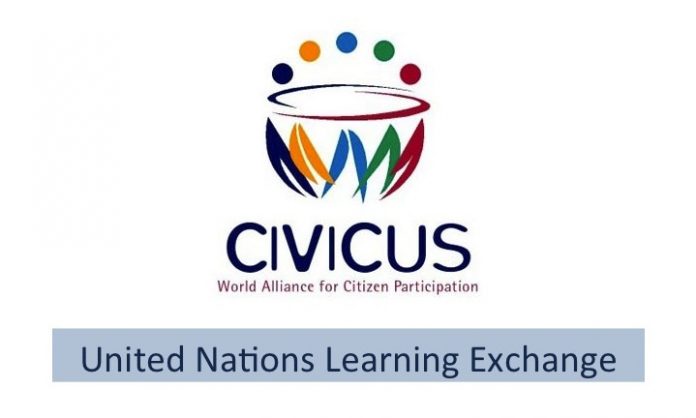By Ibrahim Ceesay
You don’t have to look very hard or far to see the promise and power of African youth to deliver solutions, positive change and prosperity.
And yet, still, on a continent where people under the age of 35 are in the overwhelming majority, youth remain excluded from political leadership and decision-making and marginalized in national economies. We have an older generation in positions of authority, seeking to address issues facing young people without involving or consulting them. These efforts are bound to fail. The inter-generational divide is a modus vivendi that needs to be resolved to avoid repeated uprisings of marginalized youths.
Five years ago, the African Union convened a summit in Malabo, Equatorial Guinea around the theme, Accelerating Youth Empowerment for Sustainable Development. One of the resolutions of that summit was a commitment by AU Heads of State to reduce youth unemployment by 2% a year. Not only have they failed to reduce unemployment by 2% annually but in fact, unemployment has been increasing every year since then. Failed promises.
In January this year, the AU again resurrected the youth agenda, convening the 28th Ordinary Session of the Assembly of the African Union Heads of States and Governments around the theme, Harnessing Demographic Dividend through investments in the Youth. This time around, promises to youth by the AU and development partners at this summit included the establishment of an African Youth Development Fund and an AU Youth Envoy’s Office.
These are encouraging goals put forth by the AU, which we hope do not become more failed promises. But it’s not nearly enough. I have been actively engaged in professional youth work for 10 years, at all levels, and I dare tell you today, that talk about youth development in Africa is mere lip service. We are not seeing national governments and development partners invest in youth for peaceful, secured and prosperous nations.
Why is that? Stereotypical perceptions of youth, politically and traditionally, as ignorant, problematic and useless have led to young people being excluded from decision-making processes – even on issues that they could solely deal with. Youth are virtually left with no room to learn by doing.
African governments are busy looking for miracles to solve the problems in Africa. Yet the biggest miracle is right in front of them: African youth.
African youth need educational, employment and leadership opportunities to unleash their potential and act as vanguards for achieving the ‘’Africa We Want’’ by 2063 – as promoted in the Africa Agenda 2063 and UN Sustainable Development Goals.
They should be empowered with the necessary tools to transit from job seekers to job-makers. Agribusiness, Green and Blue Economy and entrepreneurship should be the new focus for young people to create wealth and escape youth poverty. As young people, we must propagate the culture of voluntarism and endeavour to undergo mentorship programmes.
The idea of microwave success has led some young people into illegal activities to earn a livelihood. National governments need to develop tailored programmes for young people in productive sectors of the economy.
The African Youth Charter (AYC) is intended to empower youth in Africa but there is an imperative need to ensure its implementation, local ownership and popularization. Strengthening the participation and inclusion of youth in the realization of Africa Agenda 2063, in line with the UN Sustainable Development Goals, is critical.
The rate of irregular migration among African youths is alarming, disastrous and unacceptable. No doubt, the hostile political and socio-economic conditions created by some African governments shall continue to force their citizenry to undertake suicidal journeys to reach exile in what they believe to be democratic worlds. Our economic, financial and political systems are concentrating power and prosperity in the hands of a few, while increasingly marginalizing the African youth.
The only viable and sustainable way to promote lasting peace, justice and dignity is to have a mental migration from the ideals of Africa Rising to #AfricansRising. The IMF-coined term, Africa Rising, refers to GDP growth, which has not benefitted ordinary Africans or improved their quality of life. The notion of Africans Rising is centred on the advancement of the people that inhabit Africa, rather than the countries that make up Africa. We need to inculcate in the minds of the African people and most especially the youth – who are not only the future leaders, but the leaders of today – the spirit of Ubuntu (humanity).
The Africans Rising movement presents a unique opportunity for African youth to demand their rights and act on their responsibilities towards peace, justice and dignity of the African peoples.
Peace, Justice and Dignity are universal values that should be vigorously promoted on the continent as the bedrock of the Africa Agenda2063. These values are integral to effective work on poverty alleviation and sustainable development, in addition to being valuable bulwarks against dictatorship, oppression and injustice.
Democracy promotes human rights and human dignity and it is therefore impossible to create a truly free, peaceful and humane world while ignoring or apologizing for the executors of totalitarian ideologies.
Africans Rising’s founding charter,The Kilimanjaro Declaration upholds the vision of movement with the intention to inspire and commit signatories to actions that empower all Africans, especially those who have been marginalized. To collectively tackle the root causes of inequality, injustice, human rights abuses and poverty. One of it’s fundamental pledges is to place youth at the centre of leadership in Africa. We want an Africa where peace and justice is assured to all people and that they are able to live healthy and dignified lives. And youth need to be integrally involved in order for that to be achieved.
On the 25 May 2017, Africans will rise for a new Africa, founded on the pillars of peace, justice and dignity. African youths need to join the movement and fly with this initiative.
I spent one year in political exile in Ghana for speaking truth to power and campaigning against injustice and oppression in The Gambia, as former Chairperson of the Gambia National Youth Council and a political activist. Over the past ten months, I travelled the world to mobilize and engage with Gambians, under a campaign we launched called New Gambia Global Movement for Democracy and Justice. Today, we have restored democracy and rule of law in the Gambia with the will of the people and #YouthPower.
What youth have accomplished in Gambia, we can accomplish across Africa – with a movement like Africans Rising and with real investment in us by our governments and their development partners.
Ibrahim Cessay is a social justice activist, human rights defender, artivist and award-winning filmmaker as well as an International Working Group member of Africans Rising.

